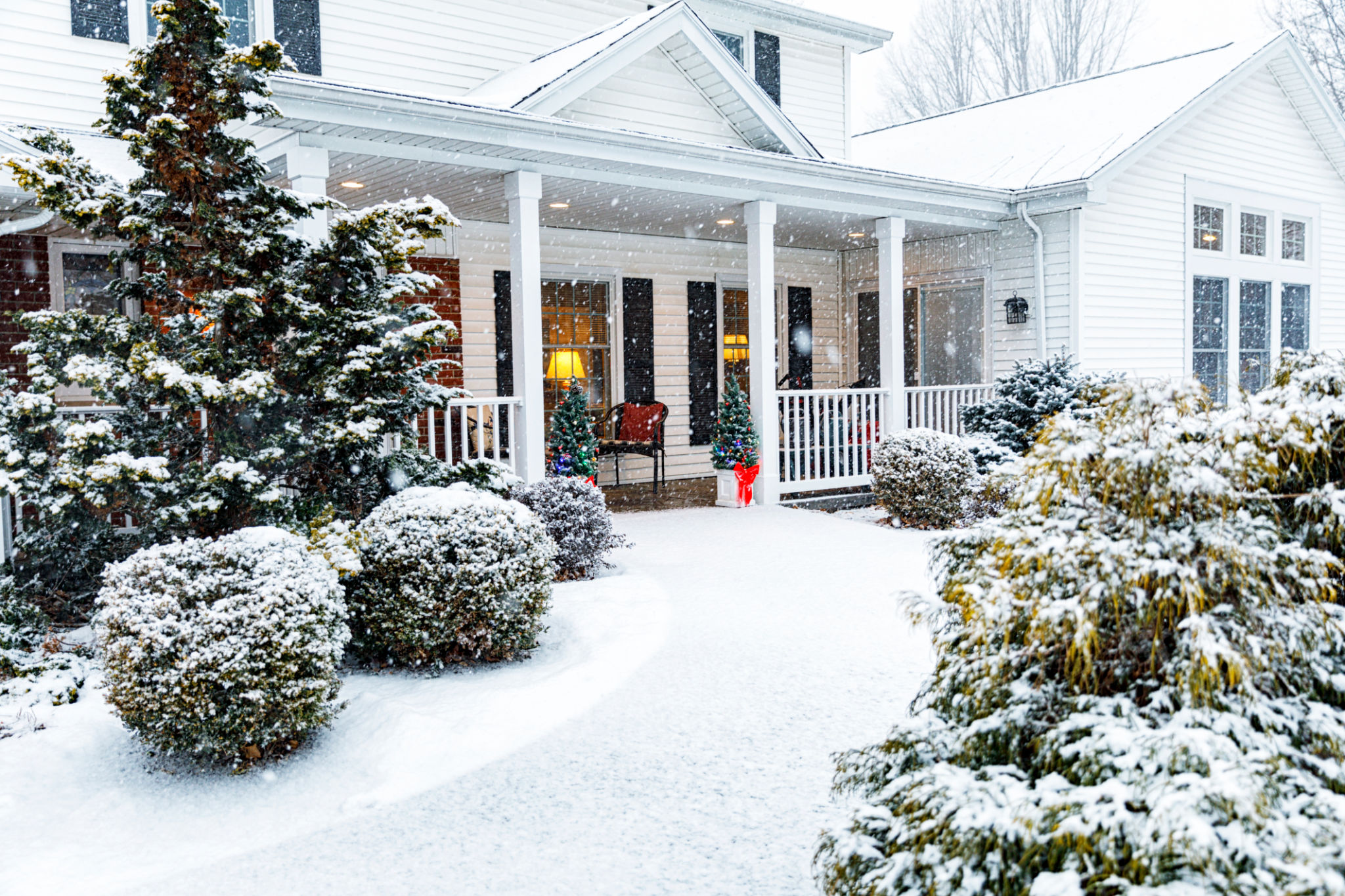Winterizing Your North Carolina Home: A Guide to Energy Efficiency and Comfort
Understanding the Importance of Winterizing
As the colder months approach, ensuring your home is prepared for winter is crucial, especially in North Carolina where temperatures can vary significantly. Winterizing your home not only enhances comfort but also improves energy efficiency, reducing heating costs and environmental impact. This guide will walk you through essential steps to make your home winter-ready.
Winterizing involves a combination of improving insulation, sealing drafts, and optimizing your heating system. By taking these actions, you can create a cozy environment while also being mindful of energy consumption. Let’s explore the steps to achieve this balance.

Sealing Drafts
Identify Potential Problem Areas
Drafts are a major source of energy loss in homes. Begin by identifying areas where cold air might enter, such as windows, doors, and electrical outlets. A simple way to detect drafts is by holding a lit candle near potential problem areas; if the flame flickers, there might be a draft.
Effective Solutions for Sealing
Once you've identified drafts, use weatherstripping or caulking to seal them. For windows, consider using thermal curtains or plastic window film to add an extra layer of insulation. Don't forget to check door frames and use draft stoppers as needed.

Enhancing Insulation
Upgrade Your Home’s Insulation
Proper insulation is key to maintaining a consistent indoor temperature. Check your attic, walls, and floors for adequate insulation. Upgrading to higher R-value insulation can make a significant difference in energy retention. In North Carolina's varied climate, this step is particularly beneficial for reducing heating costs.
Insulation for Pipes
To prevent pipes from freezing, insulate those in unheated areas like basements and crawl spaces. Pipe insulation sleeves are an inexpensive solution that can save you from costly repairs and ensure consistent water flow during winter.

Optimizing Your Heating System
Regular Maintenance
Ensure your heating system is running efficiently by scheduling regular maintenance checks. Clean or replace filters monthly during the heating season to keep your system operating smoothly. An efficient heating system not only saves energy but also extends the lifespan of the equipment.
Consider Smart Thermostats
Investing in a smart thermostat can offer significant energy savings by optimizing heating schedules based on your usage patterns. Many models allow remote control via smartphone apps, ensuring your home stays comfortable while minimizing energy use.

Additional Energy-Saving Tips
Beyond the major steps of sealing drafts, enhancing insulation, and optimizing your heating system, there are other simple yet effective ways to conserve energy:
- Use LED lighting to reduce electricity consumption.
- Reverse ceiling fan direction to push warm air downward.
- Keep curtains open during sunny days to naturally warm your home.
By implementing these strategies, you can ensure your North Carolina home remains comfortable and energy-efficient throughout the winter months. Not only will you reduce your energy bills, but you'll also contribute positively to environmental sustainability.
